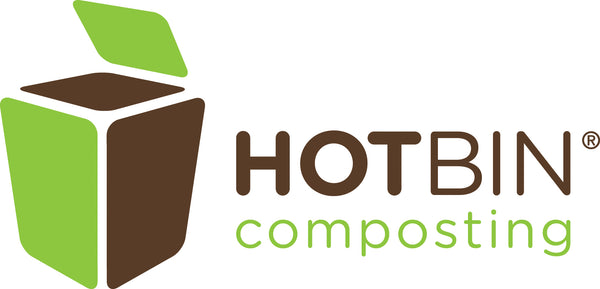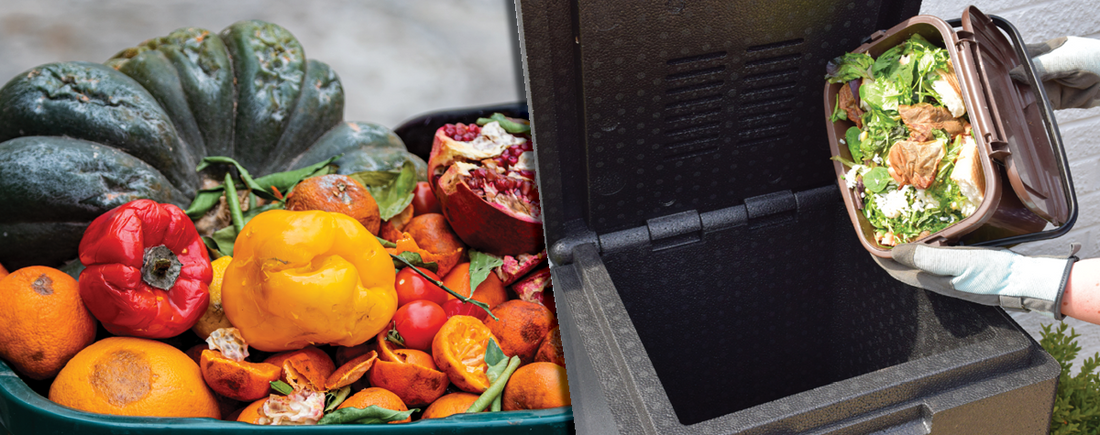You are cleaning your refrigerator and you encounter a bag of mushy fruits and vegetables hiding in the back of shelves that you never got around to eating. You instantly feel guilty and proceed to toss them into your trash bin. Not that it is going to make you feel better, but by having the ability to compost them and produce soil as a result, you are preventing the creation of methane gas emissions that is harmful for the environment.
Whether you are an avid gardener or not, composting your food and garden waste and producing rich compost can help to keep your favorite plants thriving. Furthermore, you are contributing to reducing gas emissions that harms our environment. If you are already composting at home, or are thinking about starting, you will find the following information relevant and useful. If you haven’t at all, contact us at any time, and start composting today!
What to compost, and what breaks down easier?
Fruit and vegetable peelings, and leftovers are good food scrap for composting. Just take the seeds or stones off and feed your composter bin with the rest. Cooked leftovers and bones can be composted in HOTBIN once it reaches internal temperatures between 100°-140°F (HOTBIN thermometer’s green zone). Another food that can impart rich nutrients to your garden’s soil are nuts, nutshells, and grains. Just avoid adding shells that take years to decompose. However, if you crush them, you can add them and in turn, speed up the composting process. The same goes with eggshells... crush them and add them!
Coffee grounds adds nitrogen to the composting mix; and tea on biodegradable bags are rich in nitrogen, potassium, and phosphorus. Tea leaves helps to maintain moisture levels on your composting pile, they boost oxygen levels, thus speeding up the composting cycle.
Lastly, plant trimmings and dry plant leaves helps in balancing the damp, green and high-in-nitrogen food scraps. At HOTBIN we recommend adding (proportionally) shredded paper or carton to balance moisture thus preventing the pile from rotting and going anaerobic (sans air).
What not to add or avoid from adding?
Dairy products such as milk, yogurt, butter, sour cream, and eggs; fats like lard, oils, and grease. Finally, avoid including any potentially contaminated waste food.
For more information view or download HOTBIN’s User Guide that include most of the above information and how HOTBIN works inside to produce compost. Finally, click to watch our video HOTBIN Explained in 90 Second.
To conclude, the guilty feeling of trashing unused rotten food is unavoidable. However, you can feel better knowing they will not end-up rotting our landfills, and emitting harmful gas emissions to our environment. Instead, they will be recycled and returning back as soil to mother earth. More on home composting at https://hotbincomposting-us.com/.

